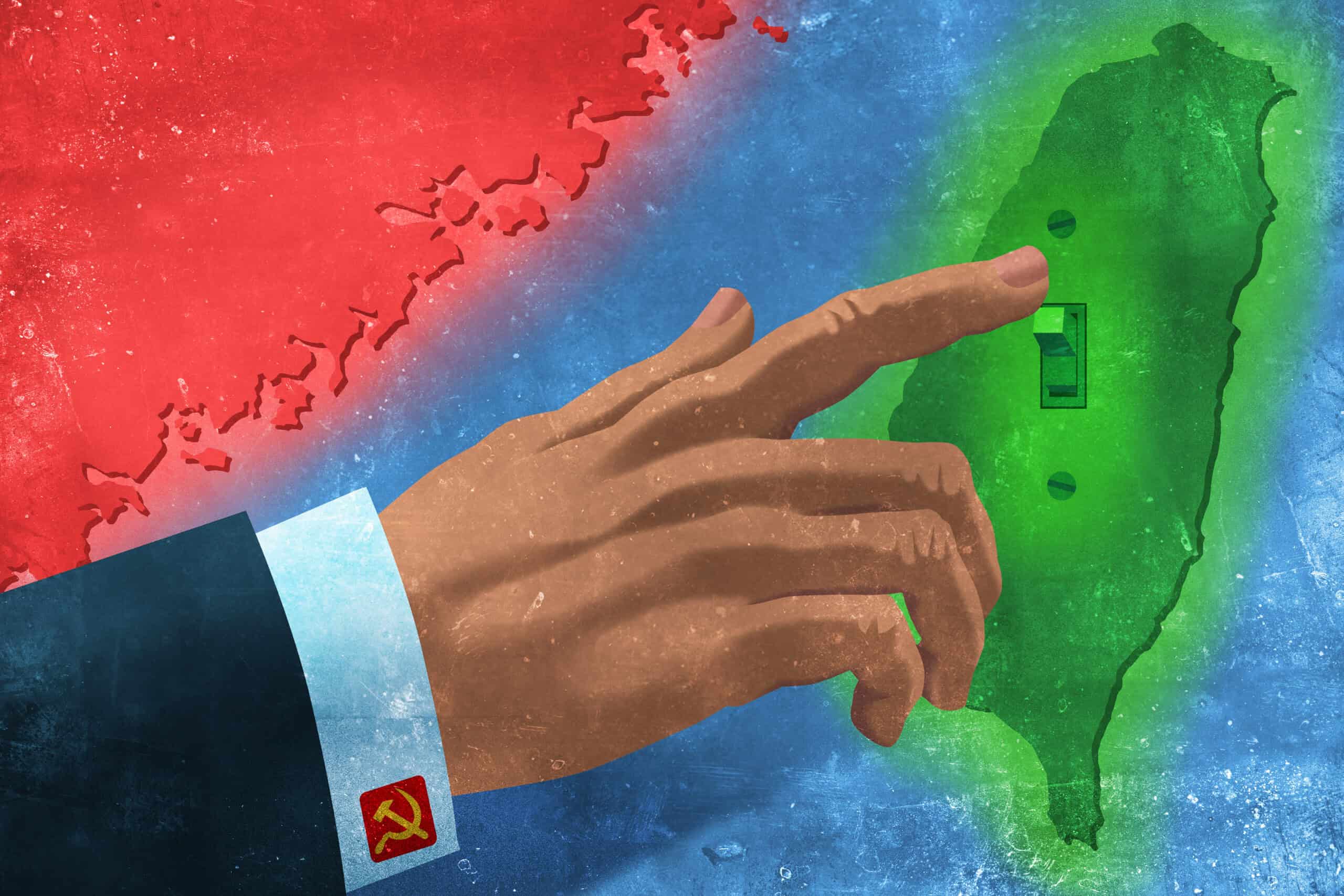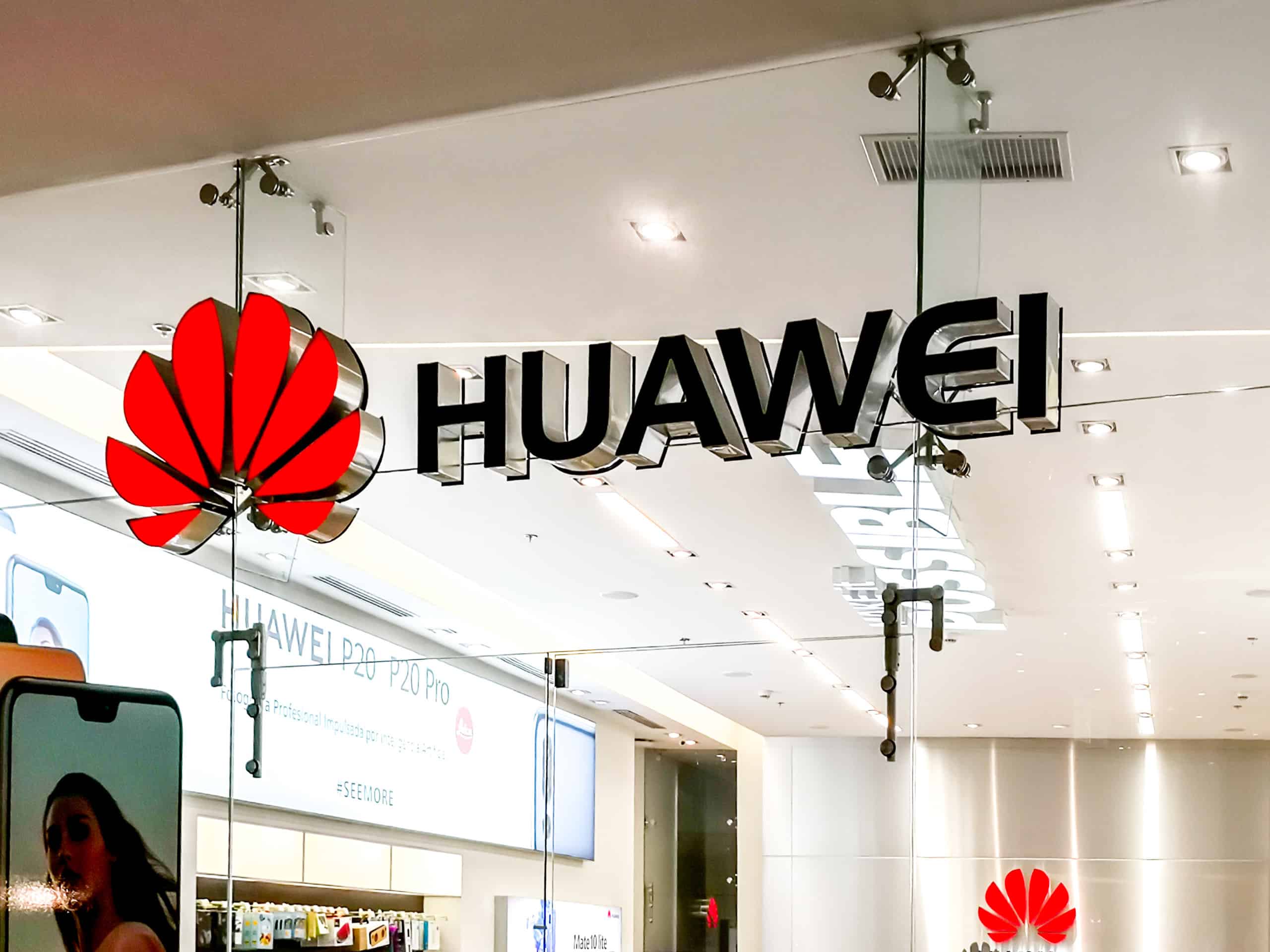Good evening. Rising powers give rise to a torrent of news. In China’s case, most foreign media coverage of the country flows from Beijing, Shanghai and Hong Kong-based bureaus. That can be frustrating for people trying to glean deep substance from the tsunami of spot-news surface noise, especially when the country is run by a forceful, ambitious and centralizing leader like Xi Jinping. It also partly explains the cult-like following that Dan Wang’s letters from China enjoyed while he was working as a technology analyst in the country. Wang’s letters asked — and suggested answers to — big questions. Why is the party-state so good at, among other things, infrastructure ? Why is it so bad at, among other things, social engineering? And what do the answers portend for China’s geopolitical contest with the U.S.? This week’s cover story is an excerpt from Wang’s new book Breakneck, published on August 26, in which he bikes through Guizhou and Chongqing.
Also in this week’s issue: Why the Party is micromanaging university degree programs; Hong Kong’s hottest stock; Perry Link on the anaconda in the chandelier; and Alicia García-Herrero on a bad solution for struggling green tech firms.
Want this emailed directly to your inbox? Sign up to receive our free newsletter.
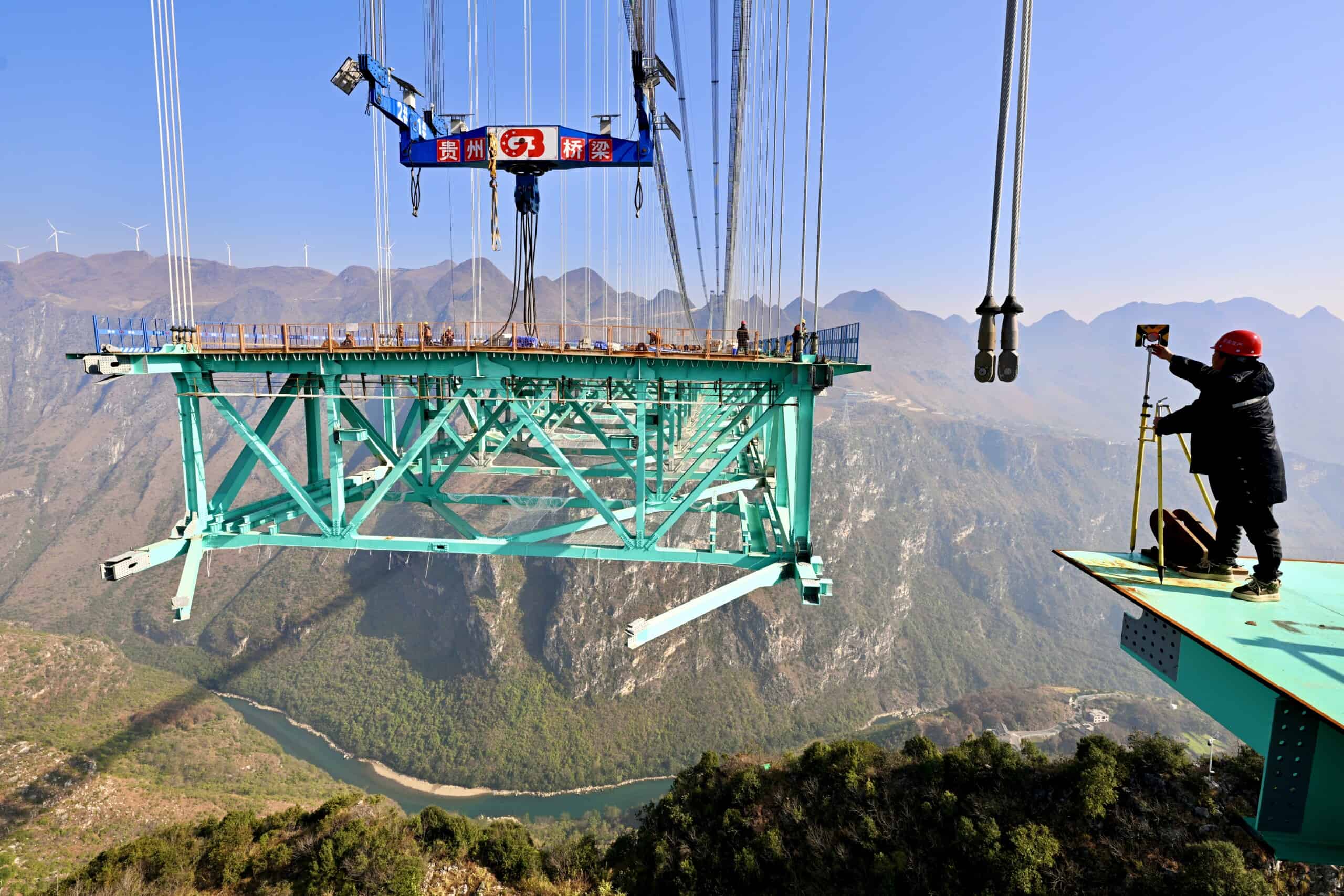
Cycling into China’s Future
Annual per capita income in Guizhou, at $8,000, is comparable with Botswana’s. So how did China’s fourth-poorest province end up with infrastructure better than the state of New York’s? In an excerpt from his new book, Breakneck, technology analyst Dan Wang marvels at Guizhou’s bridges, high-speed rail lines, data centres and much more as he bikes through the province, as well as the cliff-hanging urban wonder that is 21st century Chongqing. But Wang also asks whether Guizhou and Chongqing’s development miracles are sustainable — and examines what they illuminate about the contrasting strengths and weaknesses of Chinese autocracy and American democracy.
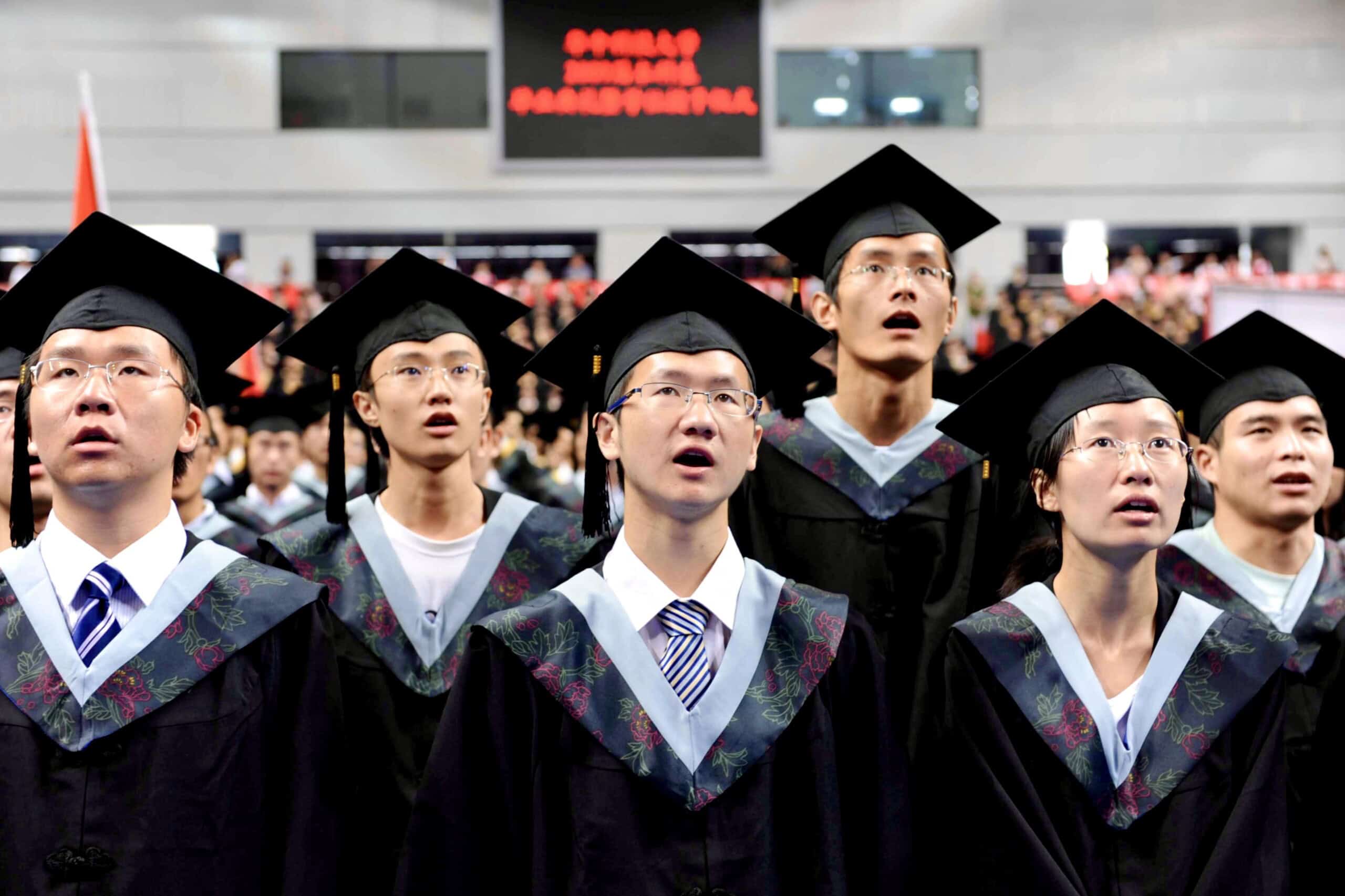
“Just one word. Drones… ”
Benjamin Braddock, Dustin Hoffman’s character in The Graduate, was famously advised by a party bore that “there’s a great future in plastics”. Substitute the Chinese Communist Party for the party bore — and 21st century Chinese university students for Braddock — and the career advice is “anything STEM-related”. Over recent years, Dean Minello writes in this week’s Big Picture, the education ministry has issued directives that have reduced the number of humanities courses in favour of STEM majors. Hot fields include low-altitude technology and engineering (drones among other things), unmanned ocean exploration and quantum technologies.
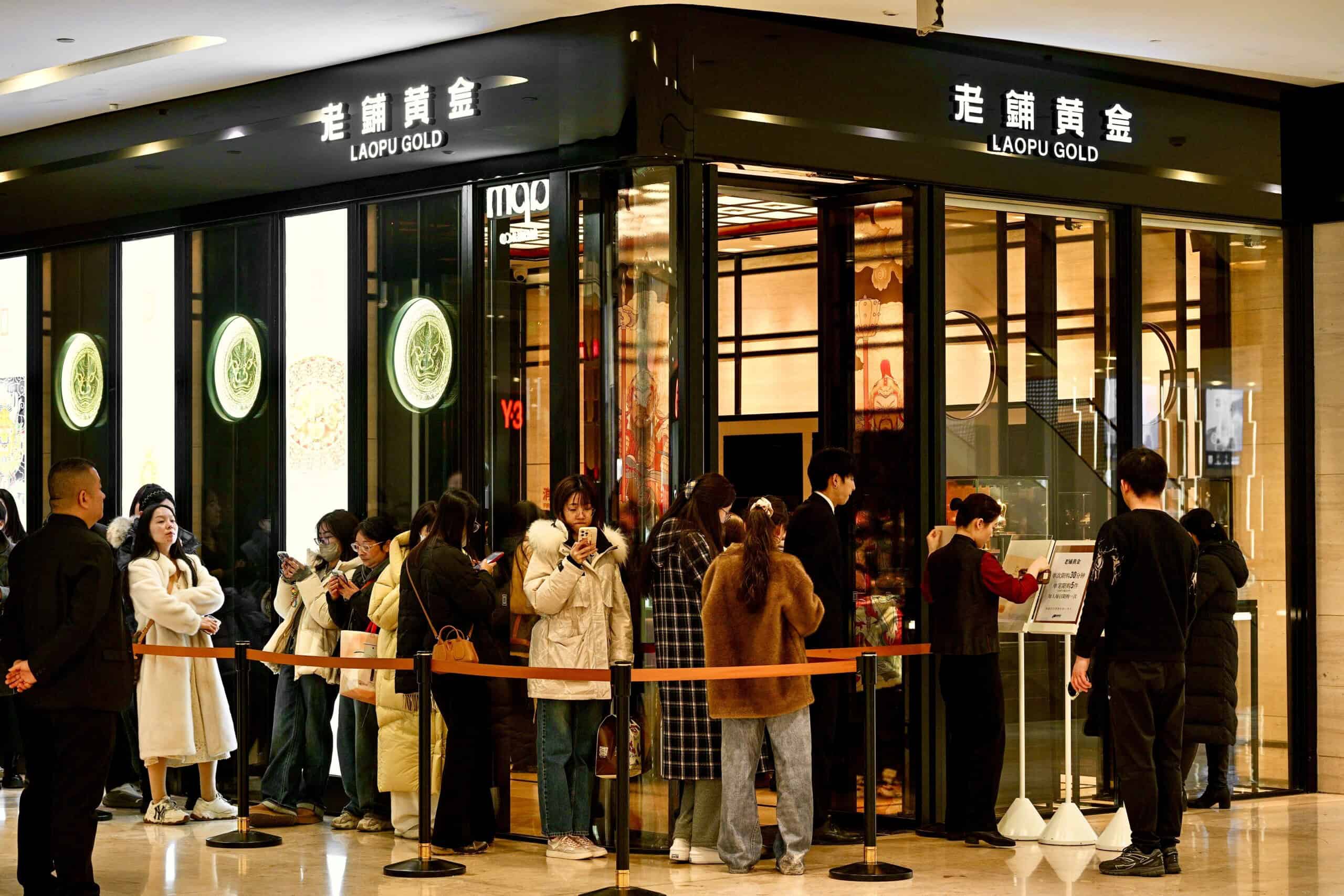
Hong Kong’s glitter stock
Since floating shares on the Hong Kong Stock Exchange in June 2024, Laopu Gold has become the territory’s hottest stock. Its shares have since risen by a factor of 20 even though it has a fraction of the outlets and revenues of more established competitors, such as Chow Tai Fook. Rachel Cheung looks at the unlikely rise of Laopu and its founder Xu Gaoming, who was previously a fisheries bureau clerk in Hunan province.

A Q&A with Perry Link

Perry Link is so good at his job that the Chinese Communist Party won’t let him visit China to do it. The Princeton and University of California, Riverside Sinologist has been banned from entering the country since 1996 and coined the term “the anaconda in the chandelier” to describe how the Party instils fear and self-censorship at home and abroad.
Link was in Beijing during the 1989 Tiananmen Square protests and ensuing massacre, after which he helped his late friend Fang Lizhi (then China’s best known astrophysicist and dissident) find refuge at the U.S. embassy. In a conversation with Dean Minello, Link explains why he believes a great civilization has been captured by “a very effective mafia” and why Chinese propaganda has to be read “upside down”. “Eventually the [Party] will lose power,” he predicts, “but I am not confident that I will live to see that.”
Perry Link
Illustration by Lauren Crow
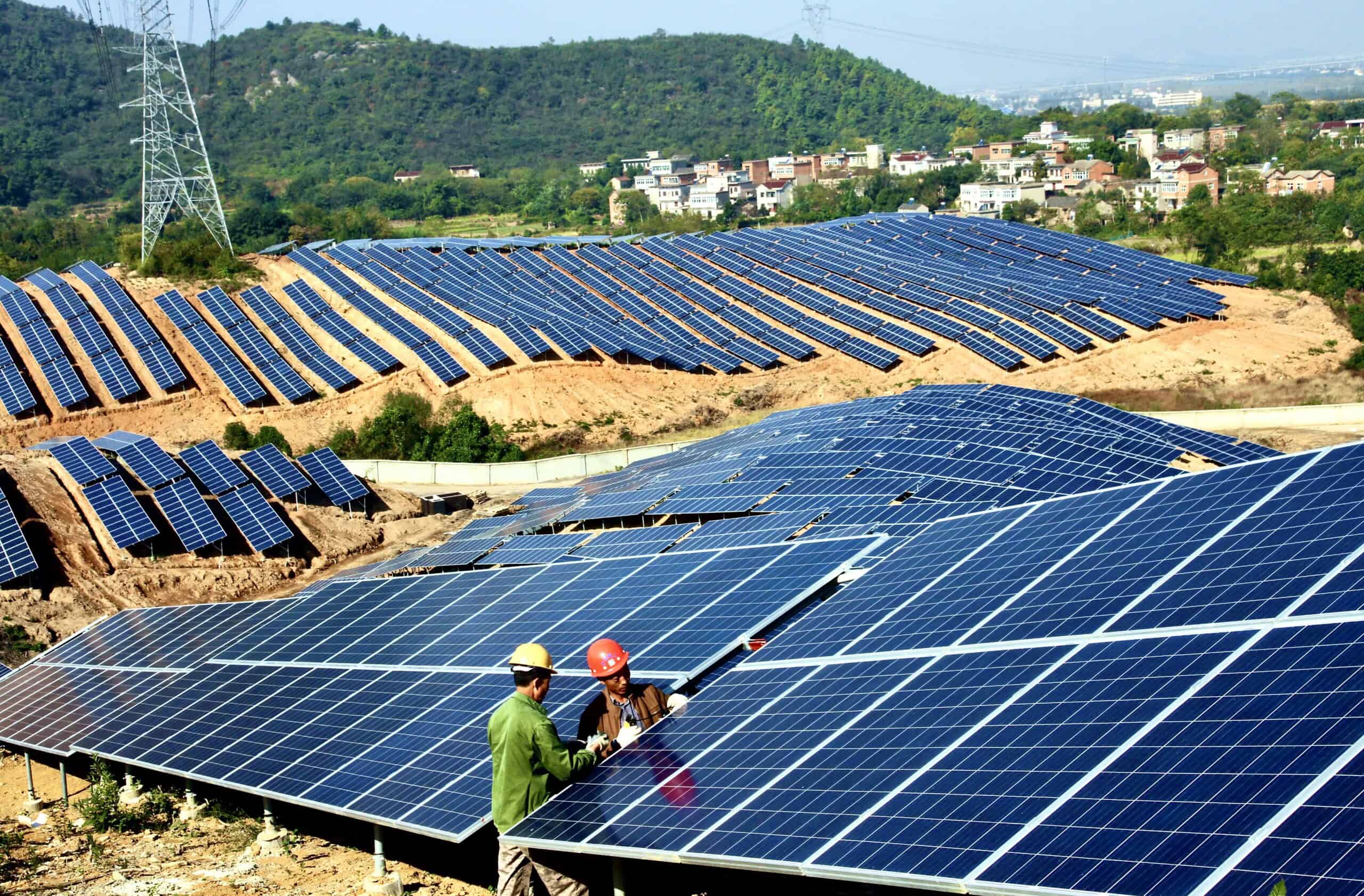
The spectre of green oligopolies
Involution, or “irrational production”, has spread to China’s once-promising green industries. Some 30 percent of China’s listed green tech companies, Alicia García-Herrero notes, don’t have revenues sufficient to cover their interest payments. But she warns that the government’s reflex reaction to this scenario, forced consolidation, is not the answer to the problem.
Subscribe today for unlimited access, starting at only $19 a month.

